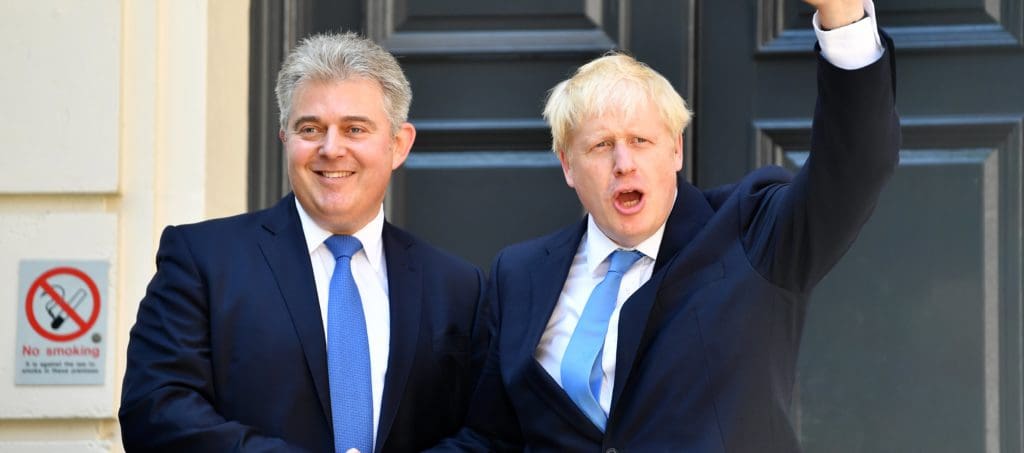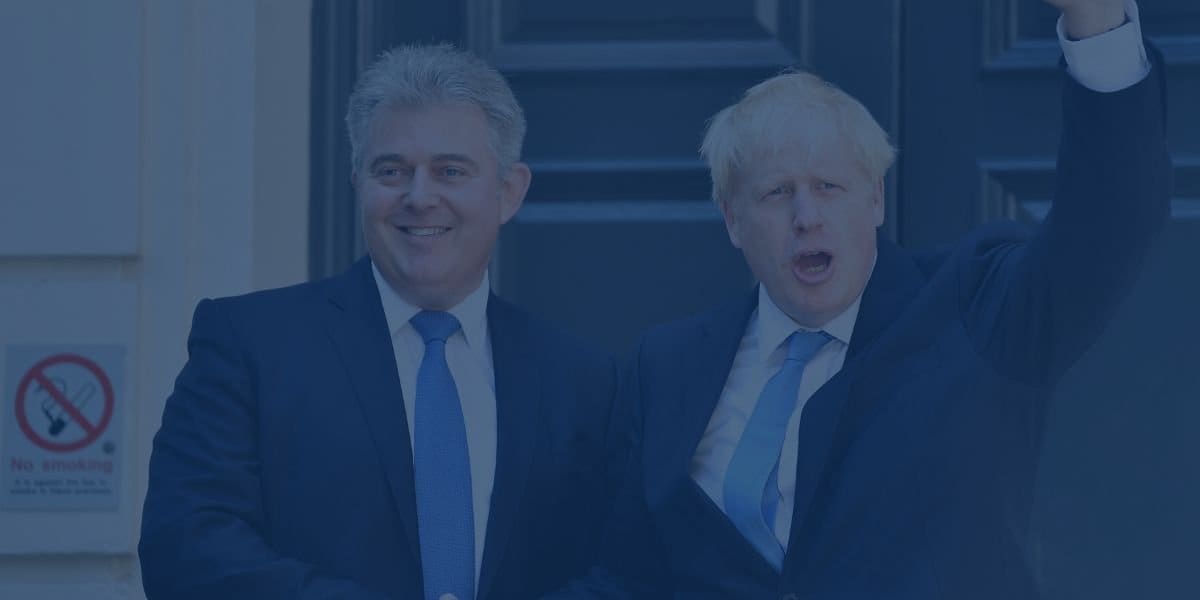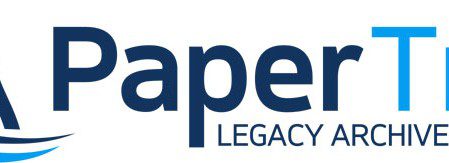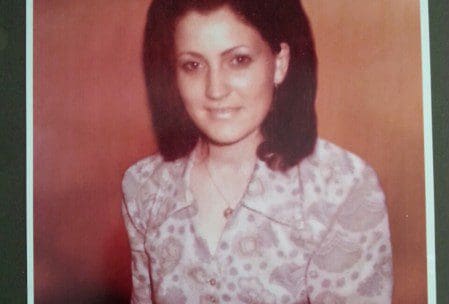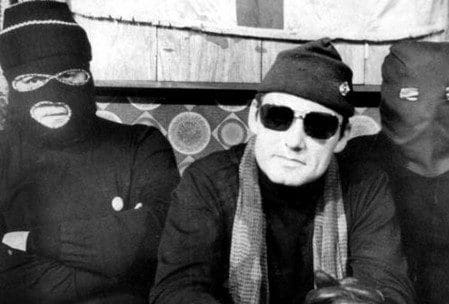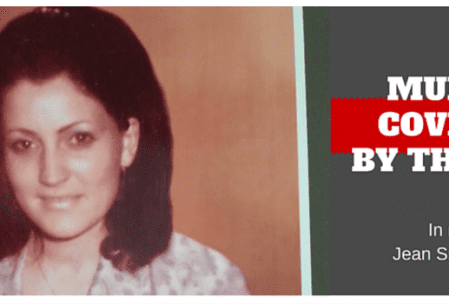Podcast: Play in new window | Download
Subscribe: RSS
Paper Trail published proof from secret British archives that the MRF was guilty of a catalogue of murders and attempted murders of civilians in Belfast 1972.
The report followed the failure of the Police Service of Northern Ireland’s (PSNI) Legacy Investigation Branch (LIB) to arrest or convict British Army soldiers in the killer gang, the Military Reaction Force (MRF).
This is despite the LIB’s long-running Operation Everson, its investigation into the activities of the MRF, which began over 4 years ago.
Paper Trail’s report, Shooters: Britain’s Military Reaction Force and Operation Everson, provides archival evidence for each of the incidents listed by the PSNI’s inquiry. The British military logs even provide the names of the MRF attackers in some of the incidents and names one Sergeant of the MRF in six of the shootings. Paper Trail and the surviving victims believe this Sergeant is connected to many more.
The PSNI only sent a file to the Public Prosecution Service on 7th February 2020 after Paper Trail submitted the book of evidence to former Chief Constable Jon Boutcher’s Kenova team on 28th January 2020. The Kenova team is investigating the murder of single mother, Jean Smyth-Campbell, on June 8th 1972.
Archives found by Paper Trail prove that the British Army claimed her shooting despite police blaming Republicans, and the MRF claimed a “hit” in the area. Jean Smyth-Campbell’s murder did not feature in PSNI’s Operation Everson despite the MRF claim that it shot someone that night.
Jean’s family fought a historic battle in court against the PSNI and its failure to investigate the murder of Jean. In 2019, an Appeal Court in Belfast ruled that the PSNI’s Legacy Investigation Branch was not “practically independent” and could not offer an investigation sufficiently compliant with Article 2 of the European Convention on Human Rights.
As a remedy, the investigation passed to Jon Boutcher’s Kenova team.
Many other families, including those impacted by the MRF shootings, also believe that the PSNI and its LIB team are not independent and should not investigate legacy cases.
In February 2020, Paper Trail asked Police Service Northern Ireland via the Freedom of Information Act:
- 1. How many man/woman hours have been spent investigating this list of cases since the launch of the inquiry up until the present day (12th February 2020);
- 2. How much money has been spent on Operation Everson up until the present day
PSNI replied [1]:
“The Record Owner within the PSNI has advised there is no formal record of the number of hours any individual works on any given case and additionally, the cost of the investigation is not recorded; this is because duty time on our system is not specific to any operation.”
So, we do not know how many or how few man/woman hours have been spent; or how much money this failed investigation has cost the public.
Speaking to reporter, Patricia Devlin [2], Pádraig Ó Muirigh of Ó Muirigh Solicitors, which represents many of the families, said:
“[Paper Trail’s] report has shed further light in relation to the role of the british Army during the conflict in the north of Ireland and in particular the unlawful actions of this undercover Army unit which included civilian assassinations… It is a damning indictment of policy in the north of Ireland over the course of the conflict.”
Paper Trail’s Ciarán MacAirt said:
“Paper Trail’s evidence proved that the British Army’s secret terror gang, the MRF, shot at least seventeen unarmed civilians, killing two, in West Belfast in a few short months. Following the submission of our evidence to Jon Boutcher’s team, the PSNI passed a file to the PPS. Our families have little faith in the LIB’s willingness or ability to bring these MRF shooters to justice for a number of reasons:
- 1. The British military and police allowed this British Army gang to operate and shoot civilians
- 2. The British military and police covered up for this British Army gang
- 3. Paper Trail discovered basic but critical archives which PSNI/LIB either failed to find or deliberately ignored
- 4. PSNI/LIB cannot provide an Article 2 compliant investigation as it is not practically independent – as agreed by the courts
- 5. Paper Trail is investigating many more murders and attempted murders not included by the police in its failed inquiry
“PSNI/LIB is perpetuating the British state’s strategy for dealing with the legacy of its past in the North of Ireland: Deny, Delay and Death.”
“It will deny its responsibilities and deny our families access to evidence; it will delay handing information to our families or force us through the courts; and it hopes that our family members die and our campaigns flounder.”
“Subsequent to the submission of our evidence of MRF’s guilt in a catalogue of murders and attempted murders, the British Secretary of State [3] tried to re-write the Stormont House Agreement without consulting our political leaders in the North of Ireland or the Irish Government.”
“He believes that Britain can cherry-pick which family should have truth and justice and that British Armed Forces and its agents should have preferential protections. We believe there should be no hierarchy of victims and we should all be equal before the law.”
“Would Brandon Lewis protect a covert British military unit murdering unarmed civilians on the streets of Yarmouth? Civilians in Belfast should be afforded the same rights as his constituents.”
References
[1] PSNI Reference F-2020-00415, 11th March 2020
[2] Sunday World, April 19th 2020
[3] Reference to BritGov statement (link)
Further Information
Download Paper Trail’s investigative reports FREE
Listen to the statement from the families of the Time for Truth Campaign, March 18th 2020
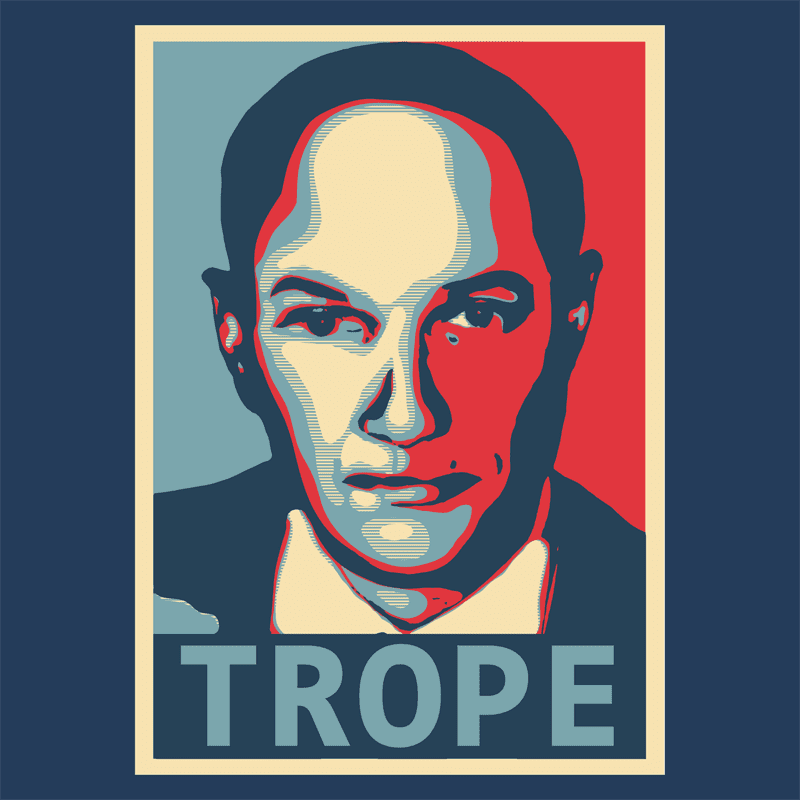
Ciarán MacAirt is founder and manager of the charity, Paper Trail. He is author of the critically acclaimed book, The McGurk’s Bar Bombing. His new book, Trope: Essays and Articles, is now available on Kindle, with all proceeds going to Paper Trail to help other families in their pursuit of truth.
